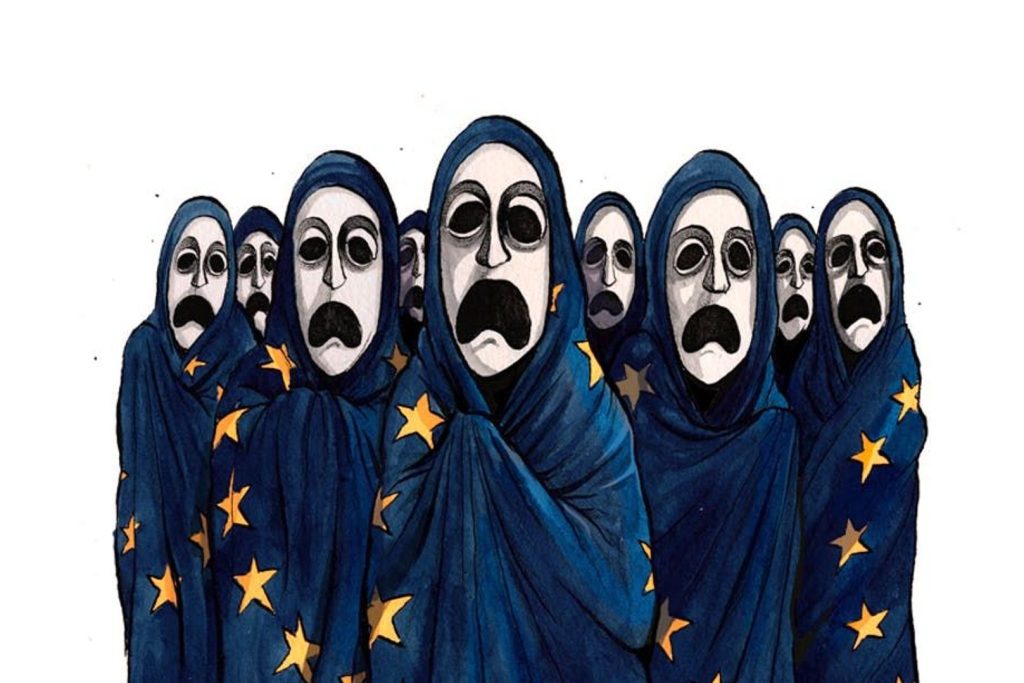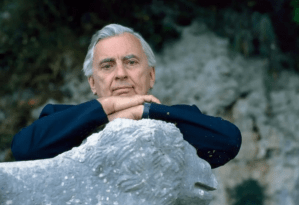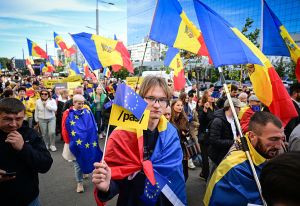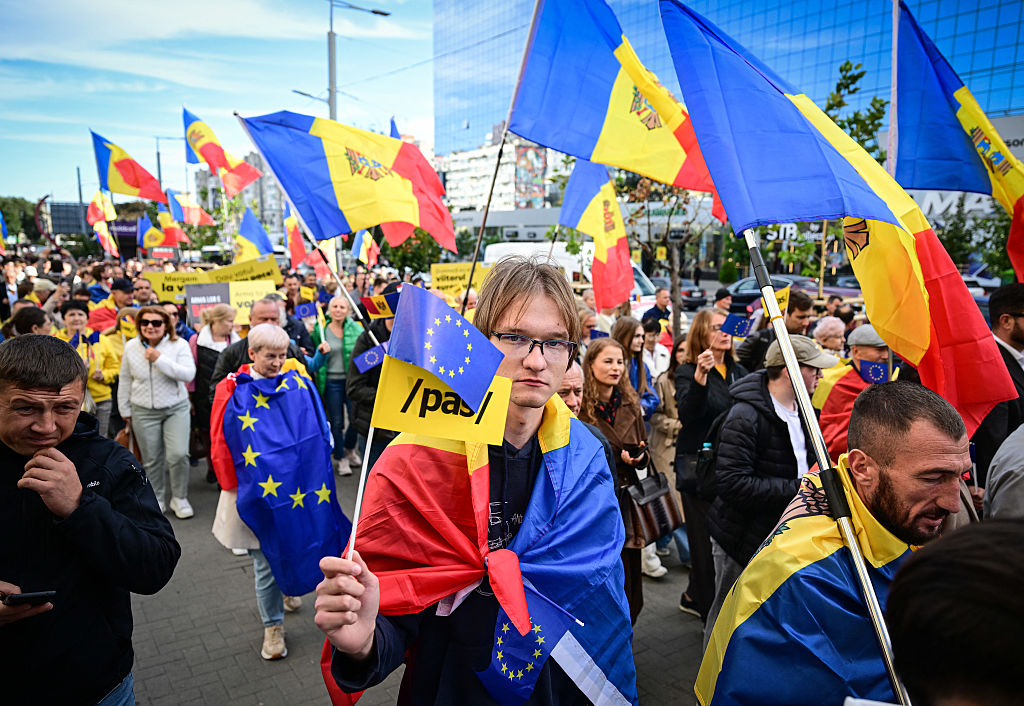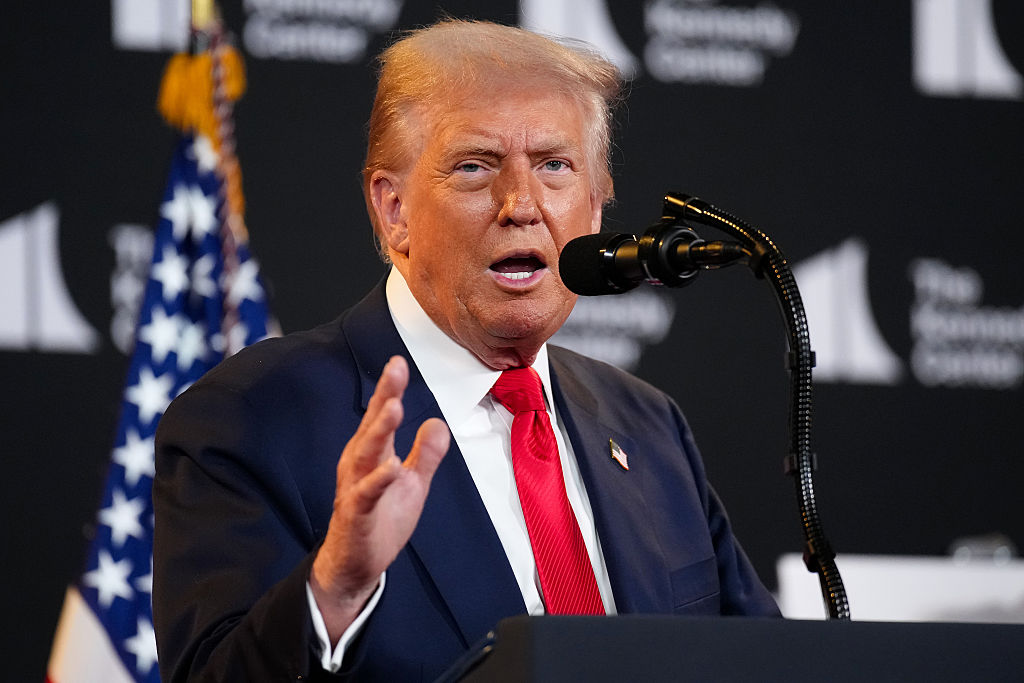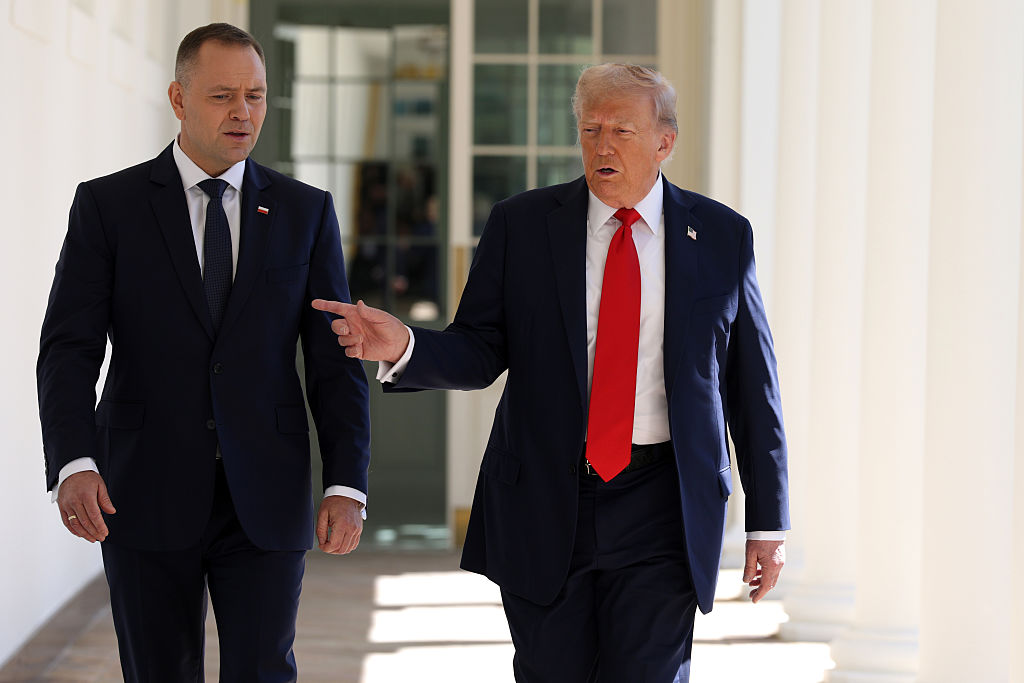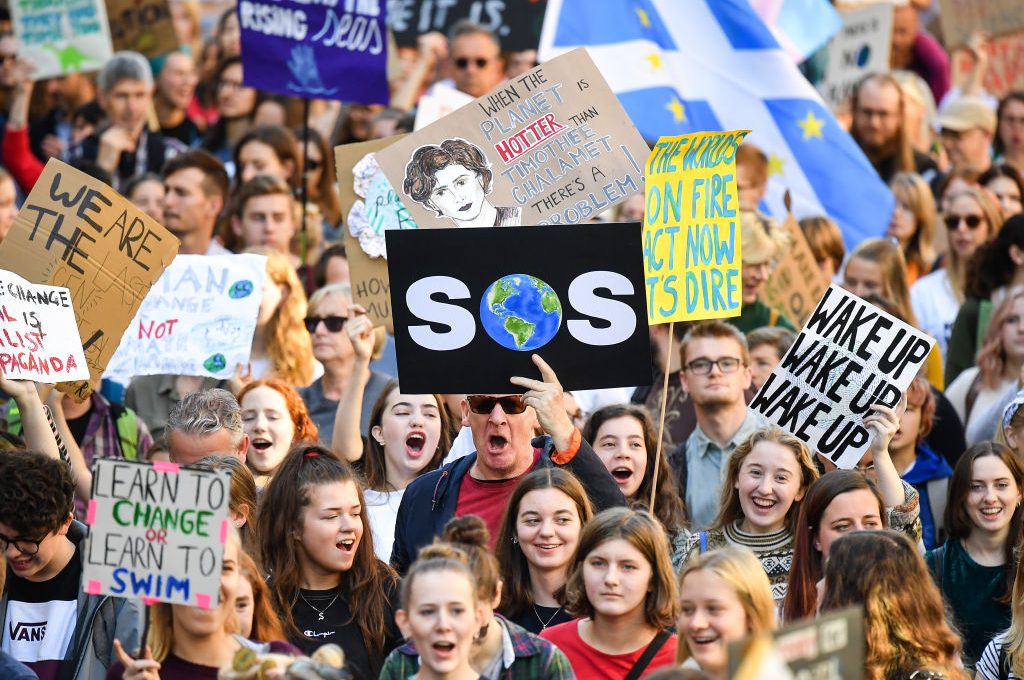It is quite something when the self-proclaimed ‘illiberal’ prime minister of Hungary, Viktor Orbán, reminds Brussels of its liberal principles. As part of the ongoing row over a Hungarian law which bans the ‘depiction or promotion’ of homosexuality and gender reassignment, Orbán has argued that: ‘If we want to keep the European Union together, liberals must respect the rights of non-liberals. Unity in diversity.’
‘Unity in diversity’ has been the official motto of the European Union for over 20 years. The idea that the continent can unite in a common political and economic framework without losing the diversity of its constituent nations underpins the very idea of a democratic union of states. But this principle is proving increasingly difficult for Brussels to abide by as the ideological fabric of the EU begins to tear in a cultural tug of war.
Whether you agree with Orbán on the issue of sex education or not, he is onto something when he points out the EU’s problem with ‘illiberal democracies’. Brussels’s biggest threat does not come from Brexit, or even from the severe economic imbalances within the Union, but from the increasingly unbridgeable conflict between the two principles it purports to uphold: democracy and liberalism.
What happens when EU countries choose to be ‘illiberal’? It seems we are about to find out. Last Friday, Hungary’s National Election Committee (NEC) approved Orbán’s plan to hold a referendum on his controversial homosexuality laws, which came into force last month. Hungarians will be asked early in 2022 whether they want to allow sexual orientation workshops to be held in schools even when parents have not given their consent. They will also be asked if the promotion of gender reassignment to under-18s should be made illegal.
This has taken Orbán’s ‘cultural war’ with the EU up a notch, and follows the European Commission launching a legal action against Hungary’s homosexuality law. That puts the EU in an awkward position. What happens if the Hungarian people vote in a democratic referendum to uphold a law that Brussels deems to be illegal?
The problem does not just lie with Hungary either. The EU is also embroiled in a row with Poland, where the country’s Constitutional Tribunal is currently deciding whether the European Court of Human Rights has a right to interfere with Polish judicial reforms. The European Commission has simply assumed that this is the case and has now given Warsaw an ultimatum to comply with the EU ruling by August 16 or it will impose financial sanctions.
Both examples show the fundamental problem at the heart of the EU as a supranational organization. Its appointees in Brussels find themselves in a position where they are ideologically opposed to decisions made by democratically elected governments in its member states. And the contempt among the people in those states for what they see as western meddling will only grow further.
In Germany, the debate around ‘European values’ flared up again when the men’s soccer team played Hungary in Munich during the Euro 2020 tournament, and the idea was floated to light the Allianz Arena in rainbow colors in protest against Hungary’s homosexuality laws. When Uefa blocked this, politicians up and down the country were quick to support those who wanted the protest to go ahead anyway. Orbán complained ‘that it is up to Germans to decide on the education of German children’ just as ‘only Hungarians can decide on the education of Hungarian children, and certainly not the Germans, Dutch or Belgians’.
The response from much of the German media and many politicians has been to demand a ‘principled’ foreign policy, presumably meaning sanctions and pressure on Hungary. Some have even gone so far as to argue that the entire eastwards extension of the European Union in 2004 — which saw seven former Soviet satellite states, including Poland and Hungary, join the EU — was a mistake.
A recent article in the German Spiegel magazine argued that ‘democratically elected governments in Poland and Hungary have changed democratic institutions so much that neither of the two states would be admitted into the EU today. Whether it’s nationalist Catholicism in Poland or ethnic populism in Hungary which erodes the separation of powers and civil rights — they may both be part of Europe but they have no place in the European Union.’
So is the solution to expel the rebellious eastern states and return to a smaller, western union? If so, it would call into question the entire EU project. Brussels’s problem is not really with Poland or Hungary. More fundamentally, ‘unity in diversity’ has become anathema to it. It cannot accept that the geographical borders of Europe do not neatly overlap with the European Union’s ideological fault lines.
As some Europeans and their governments begin to turn their backs on the EU’s particular brand of liberalism, Brussels does not seem willing to give any ground. Watching the EU impose sanctions, mount legal challenges and issue threats, I’m reminded of Bertolt Brecht’s bitterly ironic question to the East German government in 1953: might it not be easier to dissolve the people and elect another?
This article was originally published on The Spectator’s UK website.



